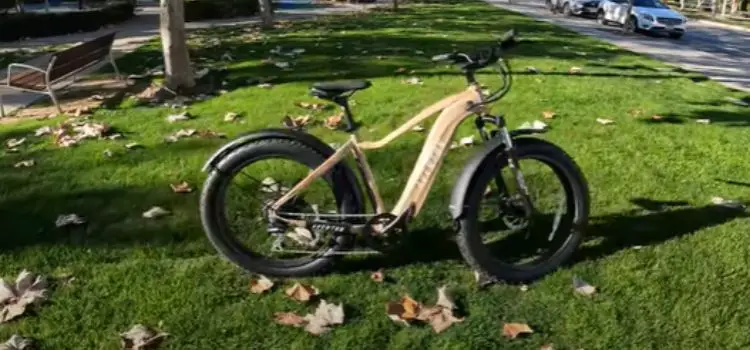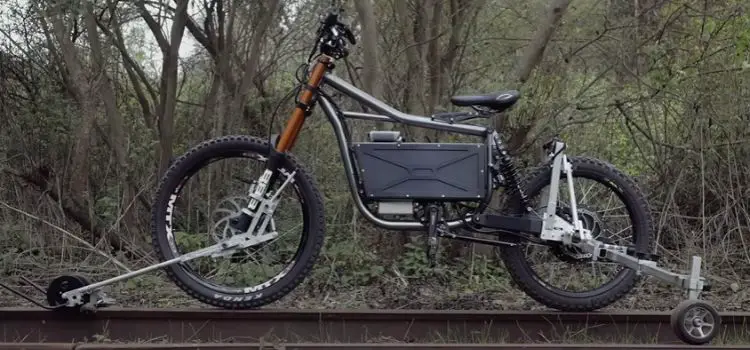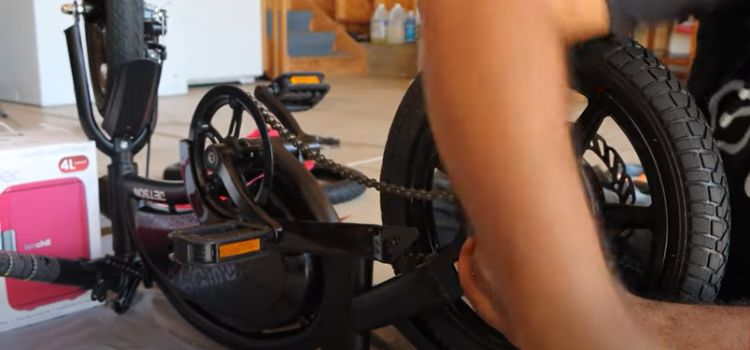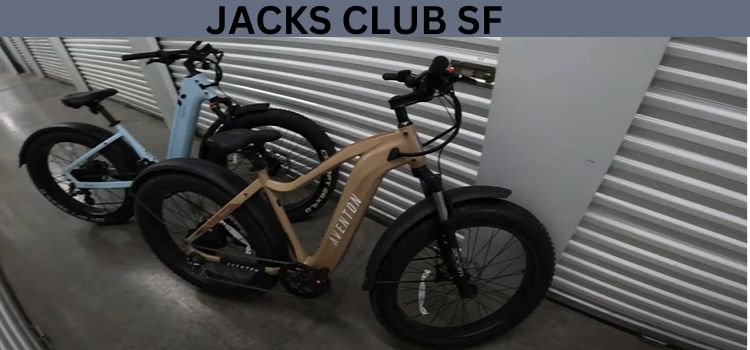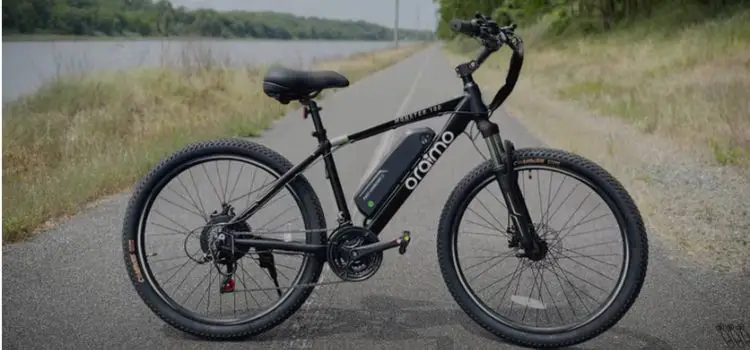How Fast Does A 1000W Electric Bike Go?
As an Amazon Associate I earn from qualifying purchases.
In the ever-evolving realm of transportation, electric bikes have emerged as a sustainable and exciting alternative. Among these, the 1000W electric bike stands out as a powerhouse, promising not only eco-friendly commuting but also an exhilarating ride.
If you’ve ever wondered about the speed capabilities of these electric wonders, buckle up as we explore the thrilling world of 1000W electric bikes.
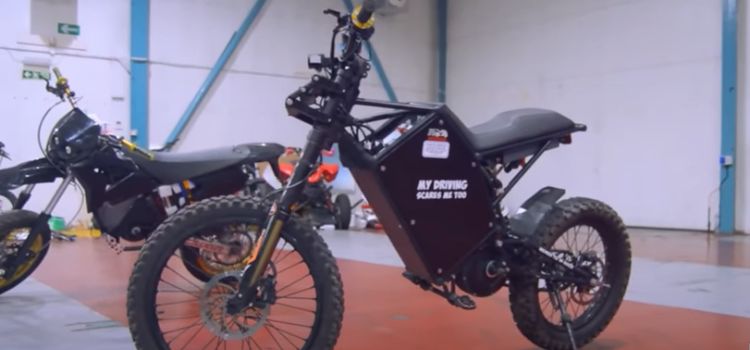
The Power Behind the Pedals
At the heart of the 1000-watt electric bike is, unsurprisingly, its 1000-watt motor. This robust engine is the force propelling the bike forward, providing a potent blend of power and efficiency. The wattage directly influences the bike’s speed potential, making the 1000W variant one of the high-performance options available to riders.
How fast can you really go on a 1000-watt electric bike?
The answer lies in the synergy of various factors. On a smooth road, with optimal weather conditions and a rider of average weight, these bikes can reach speeds of up to 28 miles per hour (45 kilometers per hour). This is not your ordinary cruising speed; it’s a rush that combines the thrill of traditional biking with the added push of electric propulsion.
Terrain Matters: Taming the Wild
While the 1000W electric bike can feel like a rocket on a straight road, its performance can vary when the terrain becomes challenging. Uphill climbs and rough surfaces might slow down the speed demon, but fear not—the electric motor ensures that even on challenging landscapes, you’ll experience a level of assistance that traditional bikes can’t match.
Rider Weight: A Factor in the Equation
The weight of the rider plays a crucial role in determining the actual speed of the 1000W electric bike. Lighter riders may find themselves soaring at the higher end of the speed spectrum, while those on the heavier side might experience slightly lower speeds.
It’s a nuanced dance between power and load, highlighting the importance of considering individual factors when gauging a bike’s performance.
The Need for Speed: Balancing Act with Battery Life
As thrilling as the high speeds are, riders must be mindful of the impact on battery life. The faster you go, the quicker the battery drains. Manufacturers often design these bikes with a delicate balance between speed and battery efficiency.
While the 1000W motor can catapult you into a world of speed, it’s essential to find a pace that optimizes both the ride experience and the longevity of your electric steed.
Navigating Regulations: Speeding Responsibly
While the prospect of zipping around town at impressive speeds is undoubtedly enticing, riders must adhere to local laws and regulations. Many regions impose speed limits on electric bikes, ensuring the safety of riders and pedestrians alike. Familiarizing yourself with these regulations is not just a legal obligation but also a step toward responsible and considerate riding.
The Verdict: A Symphony of Power and Control
In conclusion, the speed of a 1000W electric bike is a symphony composed of motor power, terrain challenges, and rider characteristics. Capable of reaching speeds that redefine the biking experience, these electric wonders offer a thrilling alternative for those seeking both speed and sustainability.
As the world embraces greener transportation options, the 1000W electric bike stands at the forefront, ready to revolutionize the way we move—fast, efficient, and with an undeniable sense of adventure.
Related Article
Read How Fast is a 36V 500W Electric System
Learn How Fast Does A 750W Ebike Go
Read How to Reset Your Electric Bike Battery
Learn How To Start Electric Bike Without Key
See How Fast Does A 2000W Electric Bike Go
Read How Fast Can A 36V Electric Bike Go
Amazon and the Amazon logo are trademarks of Amazon.com, Inc, or its affiliates.

